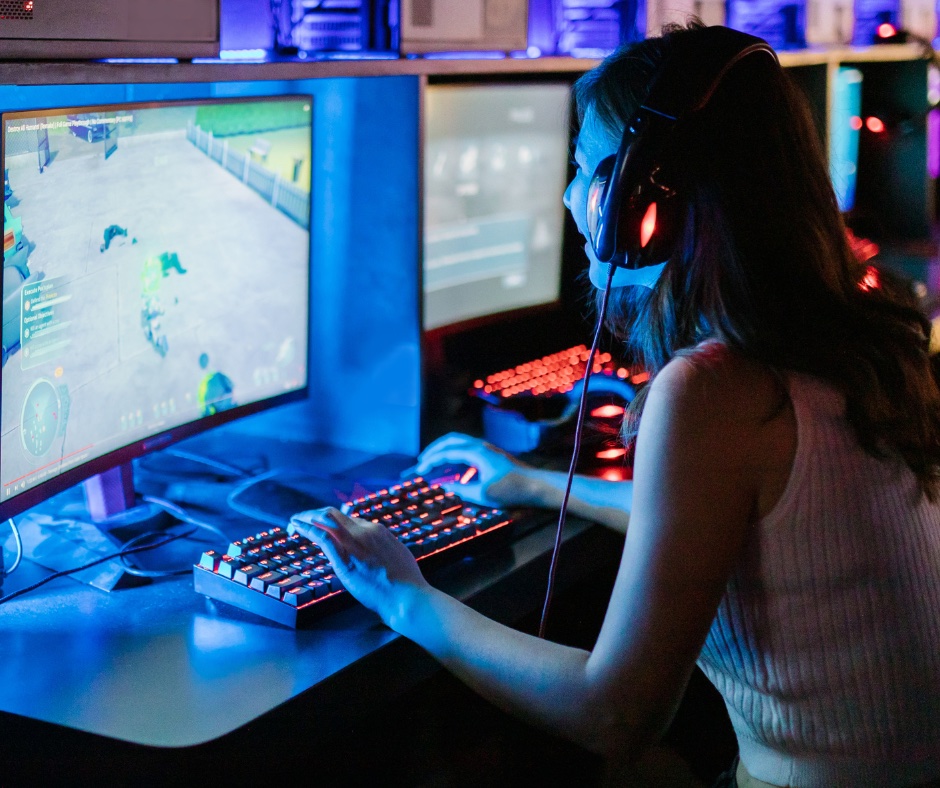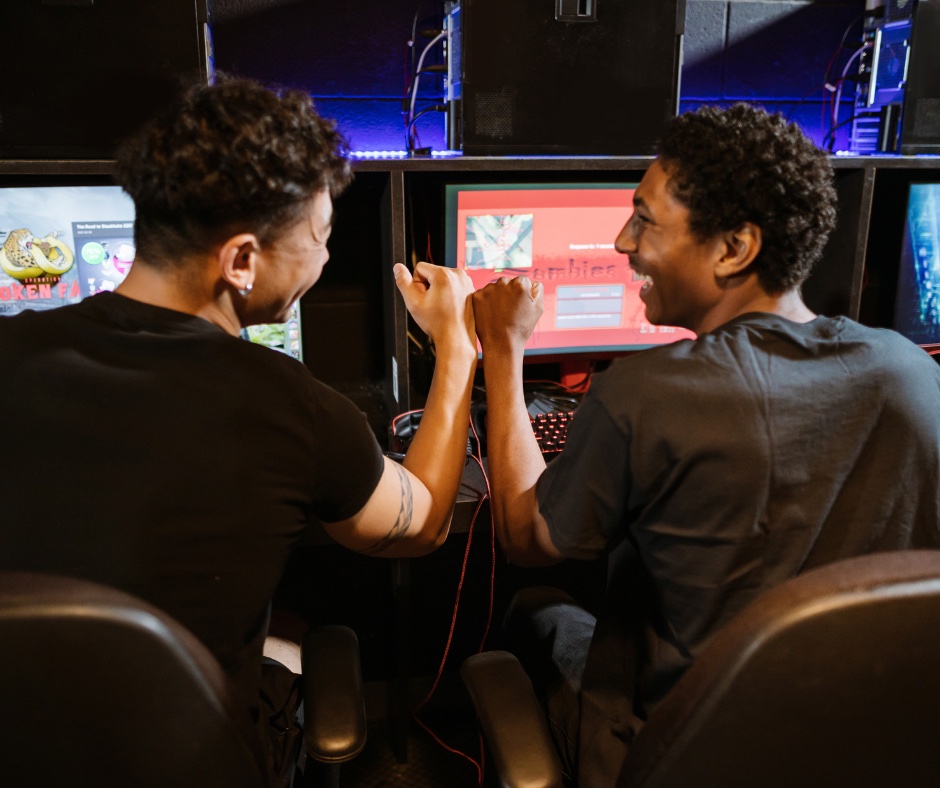3 In 5 People Think Video Games Should Be A Part Of The School Curriculum

It may be time to ditch that cubicle and pick up a controller – two in three Americans say it’s time for gaming to be considered a legit career.
The revelation comes as 54% of 2,000 adults polled believe video gaming should also be taught in schools, and three in five think games should be part of the core school curriculum.
Meanwhile, 53% noted that video games should be considered an academic extracurricular activity, like other sports.

The study found many think it should be taught as early as elementary school or middle school.
Although the average person began gaming at age 11, over half of the respondents believe getting into professional gaming should start with younger kids playing in smaller leagues, similar to little league baseball.
Four in 10 college students stated they major in gaming if they could.
When asked what they’d emphasize their hypothetical gaming studies in, college students said they would be most interested in content creation-related communications and streaming, gaming proficiency, graphic and technical arts and business management.
85% play video games regularly or a few times per month. Half that amount said they play every single day.
Six in 10 gamers have learned fundamental skills from gaming — including critical thinking, creativity, hand-eye coordination and communication skills.
Over half said they’ve also learned some more obscure but useful skills from what they play.
Those skills include patience, being more alert and focused and statistics and probabilities. A handful of respondents even credit video games for levelling up their physical abilities — such as improving their “dribbling, jumping and shooting” skills.
Fifty-two percent said gaming even made them better at their day jobs, with over half saying they would quit to play games professionally.
Top 7 Gaming-Related Major College Students Would Take
Content creation and streaming communications - 60%
Gaming proficiency - 50%
Graphic design and technical arts - 50%
Business management - 49%
Media production - 41%
Game development - 41%
E-sports team management - 39%
Beat FOMO by being in the know!
Sign up for our newsletter today and never miss a beat.







